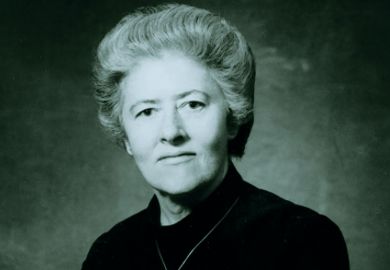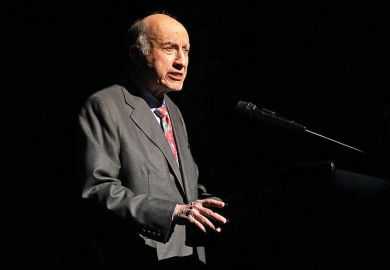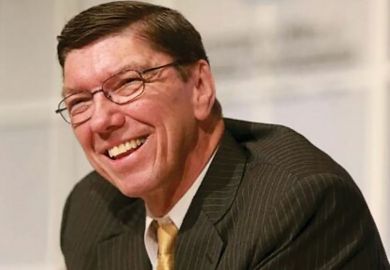A pioneering expert on rural development and the burgeoning environmental movement has died.
Philip Lowe was born in Hull in 1950, studied natural sciences at the University of Oxford (1971) and went on to an MSc in science policy at the University of Manchester (1973). He then secured work at UCL, as a lecturer in countryside planning (1974-89) and, later, as a reader in environmental planning (1989-92).
Early to spot the importance of environmentalism, Professor Lowe published a prescient paper in Nature in 1976, in which he noted that the movement was highlighting a “crisis of confidence within science and a crisis of science’s authority in society”. He went on to publish the first major study of the British scene, Environmental Groups in Politics (with Jane Goyder, 1983), so helping to establish a new field of sociology and political science. He also won funding for research projects on topics such as post-war changes in rural society in Britain and France; green politics in Germany and the US; the conflict between agricultural intensification and nature conservation; and alternative uses of rural land and labour.
Although he had set up the Rural Studies Research Centre at UCL in 1988, four years later Professor Lowe moved to Newcastle University (where he remained for the rest of his career) to take up the new Duke of Northumberland chair in rural economy and to serve as founding director of the Centre for Rural Economy. He worked as a special adviser to the agriculture minister, Jack Cunningham, and had consultancy roles with a wide range of national organisations as well as the European Commission, the Finnish Academy of Sciences and the French Ministry of the Environment.
The Times described the Centre for Rural Economy as the government’s “favourite rural thinktank”. In 2003, Professor Lowe was asked to lead to a £25 million, 10-year programme on rural economy and land use that involved almost 500 researchers on close to 100 different projects.
Neil Ward, who succeeded Professor Lowe as director of the CRE and is now deputy vice-chancellor at the University of East Anglia, described him as “an inspirational academic who made a big impact on everyone he worked with. He inspired great loyalty and affection among his many colleagues who were able to join him on his intellectual journey over the years. He had a knack of making work feel like play.”
Professor Lowe was diagnosed with Parkinson’s disease in 2010 and died of associated complications on 17 February. He is survived by his wife Veronica, two children and two grandchildren.
Register to continue
Why register?
- Registration is free and only takes a moment
- Once registered, you can read 3 articles a month
- Sign up for our newsletter
Subscribe
Or subscribe for unlimited access to:
- Unlimited access to news, views, insights & reviews
- Digital editions
- Digital access to THE’s university and college rankings analysis
Already registered or a current subscriber?










